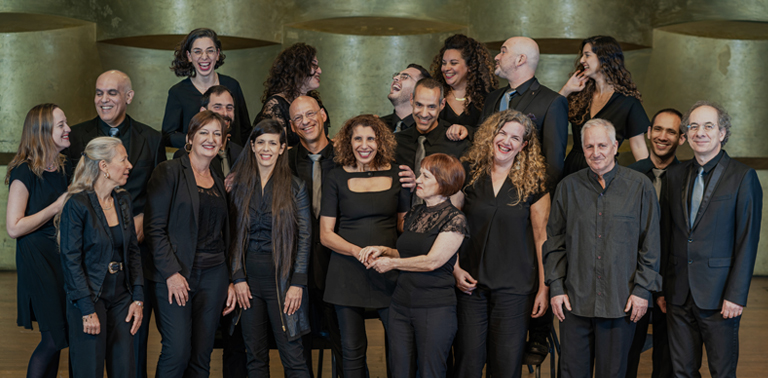Music -Inspiration in Difficult Times
Music -Inspiration in Difficult Times
Throughout history, difficult times have led to creativity and music composing. Sometimes music expresses despair, such as in Poulenc’s Un Soir de Neige (Night of Snow) describing the horrors of war; in other cases—it conveys hardship, as in the mass written by the English composer William Byrd, who experienced severe persecution for being a Catholic in an Anglican country. At times, the work brings hope, as in the Chorus of Hebrew Slaves from Verdi’s opera Nabucco, which echoes the difficulty of living under the oppression of the Austrian Empire and the longing for independence. Under other circumstances, a difficult period imposes practical constraints, as in the case of Stravinsky’s A Soldier’s Tale (which was written in the midst of World War II): since it was not possible to perform orchestral works at the time, Stravinsky wrote one of his masterpieces for a small and mobile ensemble. Another prominent piece inspired by war is Tchaikovsky’s 1812 Overture, celebrating victory in a festive patriotic piece. By contrast, it was precisely from the German Prisoner-of-War camp that Oliver Messiaen wrote Quatuor pour la fin du temps (Quartet for the End of Time), one of the 20th century masterpieces, which expresses softness, optimism and hope
Sometimes music expresses difficulty; in other times it actually brings optimism and brightness and ignites hope. In the lecture “Music – Inspiration in Difficult Times”, Yuval Benozer talks about music pieces that were conceived in complex times. This might be the reason why they are so moving and touching
ההרצאה התקיימה ביום ראשון 12.11.23 בשעה 19:30, במהלך מלחמת ״חרבות ברזל״.
לאחר צפיה אנא מלאו משוב בלחיצה כאן.
רשימת יצירות וקישורים ניתן להוריד בלחיצה כאן.
ניתן לתרום לאנסמבל בלחיצה כאן.
![[:he]mail-mobile-ixon[:]](https://ivocal.co.il/wp-content/uploads/mail-mobile-ixon.png)

![[:he]mail-ixon[:]](https://ivocal.co.il/wp-content/uploads/mail-ixon.png)

